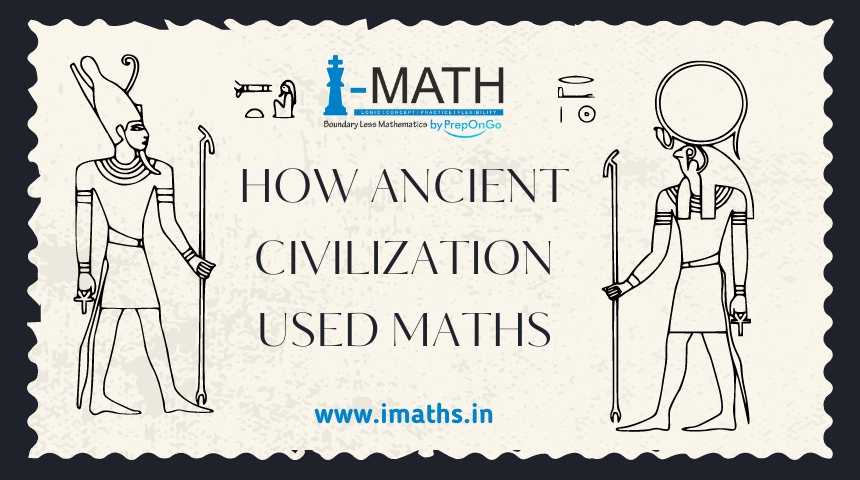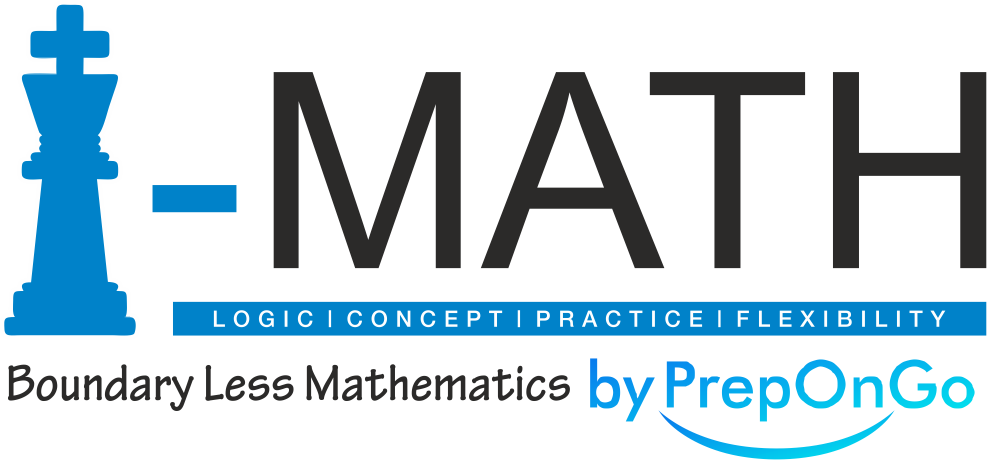How Ancient Civilizations Used Math

Understanding how ancient civilizations used math gives us fascinating insights into the development of human knowledge and the essential role mathematics has played in shaping our world. From the construction of monumental structures to the creation of sophisticated systems of trade and astronomy, ancient peoples utilized math in ways that continue to influence us today. Let’s explore the various ways ancient civilizations used math and its lasting impact.
The Egyptian Civilization
Geometry and Architecture
One of the most notable examples of how ancient civilizations used math is evident in the construction of the Egyptian pyramids. The Egyptians applied geometry to design and build these massive structures with precise dimensions and alignments. They used a base-10 numbering system and had a keen understanding of fractions, which were crucial for dividing land and resources.
Calendars and Astronomy
The Egyptians developed a calendar based on the lunar and solar cycles. They used mathematical calculations to predict the annual flooding of the Nile, which was essential for agriculture. Their calendar had 12 months of 30 days each, with an additional five days added to match the solar year.
The Babylonian Civilization
Algebra and Arithmetic
Babylonians made significant contributions to algebra and arithmetic. They used a base-60 numbering system, which is why we have 60 seconds in a minute and 60 minutes in an hour. This system facilitated complex calculations, including those required for astronomy and trade.
Astronomical Calculations
Babylonian mathematicians were adept at predicting astronomical phenomena such as solar and lunar eclipses. They recorded detailed observations and used mathematical models to understand celestial movements, which played a vital role in their agricultural and religious practices.
The Greek Civilization
The Birth of Theorems
Greek mathematicians, such as Euclid and Pythagoras, made groundbreaking advancements in geometry. Euclid’s “Elements” is one of the most influential works in the history of mathematics, laying the foundation for modern geometry. Pythagoras is best known for the Pythagorean theorem, which describes the relationship between the sides of a right triangle.
Mathematics and Philosophy
For the Greeks, mathematics was not just a practical tool but also a subject of philosophical inquiry. Plato’s Academy emphasized the study of mathematics as essential for understanding the universe. This philosophical approach to math helped elevate it as a discipline of abstract thought and logical reasoning.
The Chinese Civilization
Innovations in Arithmetic
Ancient Chinese mathematicians developed a decimal-based system and made significant strides in arithmetic and algebra. They invented the abacus, an early calculating tool that allowed for efficient computation.
Astronomy and Calendars
The Chinese used mathematics to develop intricate calendars and astronomical models. They could predict celestial events and used this knowledge to create an accurate lunisolar calendar, which was vital for agricultural planning and religious festivals.
The Mayan Civilization
Complex Calendrical Systems
The Mayans created highly complex calendrical systems, including the Haab’ and Tzolk’in calendars, which they used to track time and plan agricultural and religious activities. They also developed the Long Count calendar, which could track longer periods and was used to predict astronomical events.
Mathematics in Architecture
The Mayans used advanced mathematical concepts to design and construct their cities and temples. Their architectural prowess is evident in structures like El Castillo at Chichen Itza, which aligns with astronomical events such as the equinoxes.
Conclusion
Exploring how ancient civilizations used math reveals the profound impact mathematics has had on human history. From building monumental structures to advancing our understanding of the cosmos, math was an integral part of these societies. The legacy of ancient mathematical achievements continues to influence modern science, engineering, and technology, showcasing the timeless nature of mathematical discovery.
By understanding the mathematical practices of ancient civilizations, we gain a deeper appreciation for the ingenuity and intellectual achievements of our ancestors, reminding us of the enduring power of mathematics in shaping the world.




